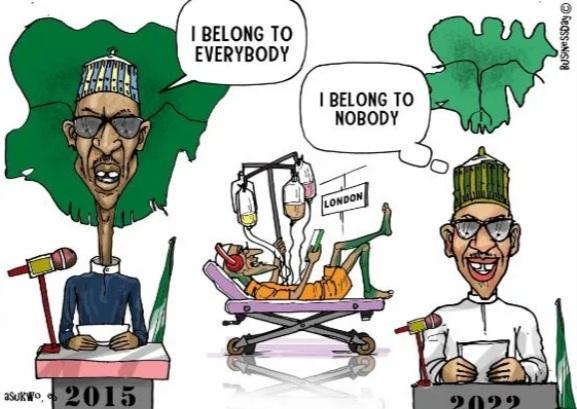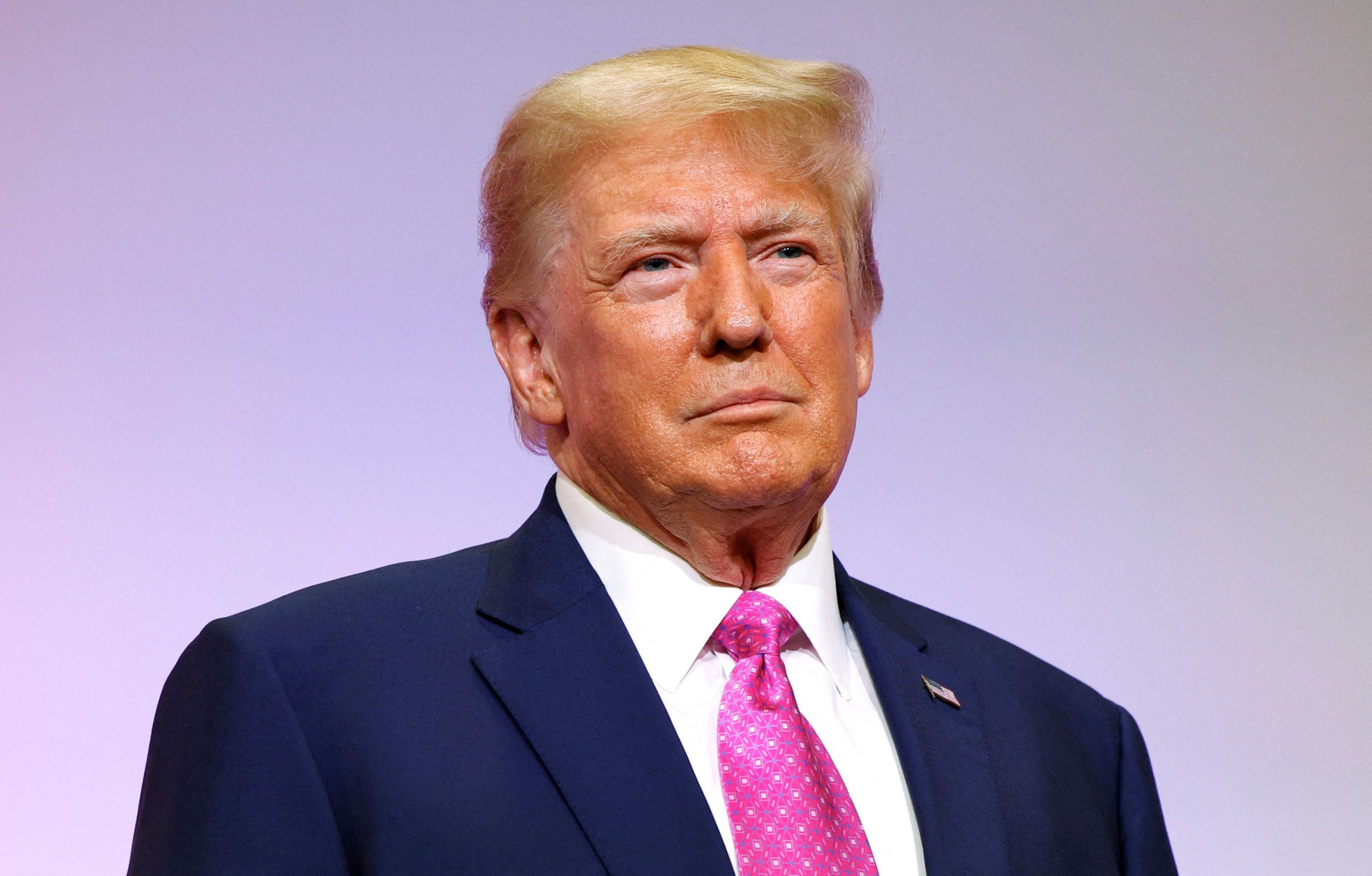
When An Election Isn’t “Just” An Election

The Promised Change
I have a confession to make. I have struggled with clinical depression before – 10 years ago in the city of Bradford, West Yorkshire, to be exact. Of course at the time, I did not recognise what I was experiencing as a clinical condition that required medical help.
I just thought it was the cumulative effect of financial problems, a protracted breakup, family issues and the constant threat of homelessness hanging above my head – a threat that would later become real.
It wasn’t until early one morning in November 2012, shortly after closing from a night shift at my dead-end retail job at the Asda-WalMart in New Pudsey, that I realised that I was not in fact, OK.
Standing at the platform of the New Pudsey train station while waiting for my train to Bradford, I found myself inching closer to the edge, absently pondering whether everything would not be much better if I would just jump in front of one of those fast-moving Trans-Pennine trains that would often whizz past.
I realised for the first time, that I was not in control of my thoughts and that I needed to do something before I ended up hurting myself. That morning was when I decided I would return to Nigeria.
“Home” Is Where Opportunities Exist

Regardless of how the above may sound, my decision to go home was not a knee-jerk, emotionally driven one. It was at the time, a sensible and data-driven decision.
Back in the ancient times of 2012, it was still very commonplace for young Nigerians working and schooling in the diaspora to make 1-5 year plans for returning to build careers and businesses in Nigeria.
In those distant old days, the hope of leaving a cold, sometimes hostile environment and starting a new life filled with opportunities, infectious energy and love back home in Nigeria, was a completely normal and rational expectation to have.
In fact, when I eventually did return home a few months later in 2013, I became of the very fortunate few to catch the last of the “Africa Rising” wave which was all the rage from the late 90s to the early 2010s.
Within just 4 months of completing my NYSC program in 2014, I got not 1, not 2, not 3, but 4 different job offers. A well-known national daily newspaper, a mid-sized advertising agency, a helicopter transport company and a PR agency.
I chose the helicopter company after making it past 6,000 other applicants to become one of just 12 pilot cadets chosen to go to Bristow Academy in Titusville, Florida, but by this time, Nigeria’s “Africa Rising” wave was starting to end.
The 2015 election brought in a stern granddad who sternly arrogated the Ministry Of Petroleum to himself and busily set about parcelling out every aspect of the oil industry – including helicopter servicing contract approvals – to people named Ahmed, Abubakar, Mahmoud and Farouk.
Nobody else could get a look in, and so the helicopter company rapidly died. No matter, because by this time I had risen to Head of Content at the PR agency, and I was even thinking of striking out on my own as the genius copywriter behind some of the country’s biggest brand campaigns. Africa was still rising for me! Or so I thought anyway.
Home Is Snatched Away – Because Of An Election
After striking out, I rapidly discovered that copywriting and content creation services are among the first parts of any brand budget to be cut when a recession happens.
The 2015 recession – possibly one of the most unforced errors of all time – put me out of business, and reduced me to putting my car on Uber and driving people around to pay my bills for 3 months. I later returned, humbled and bedraggled, to full-time employment in 2017, but by this time I had started noticing something.
It started almost imperceptibly at first, then it became a trickle, and then finally a flood. One by one, my friends, work colleagues, school alumni, even family members began to leave the country.
I recently took a mental census of everyone I worked with at BHM Group – the PR agency – between 2014 and 2016. Of the 21 people that immediately came to mind, I am only aware of 9 who still live in Nigeria.
Almost every week it seemed, people who returned to Nigeria roughly around the same time I did, were packing up and finding new homes in Birmingham, Manitoba and New Jersey.
I hung around for as long as I could, but then October 2020 happened and I too found myself unceremoniously becoming a diasporan.
What was once to many of us, a land of opportunity and the place that – imperfect and coarse as it was – represented some level of self-actualisation, has been completely transformed in just 7 years.
Still Breathing
Nigeria is now a farm – a place that exists for talent to grow and then leave, never to come back. And all of this happened because of one single election. It was “just” an election.
Read also: Buyer Beware, But Media Should Help – Sam Amadi
2023 will be another one.
Godspeed.
David Inyene-Obong Oluwaseun Hundeyin, 32, is a Nigerian investigative journalist, writer, and activist, writing from Business Day





Leave a Reply